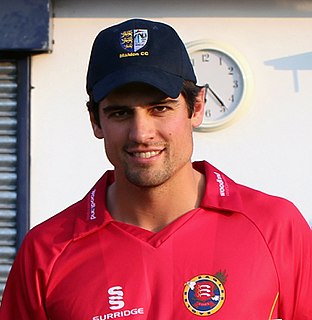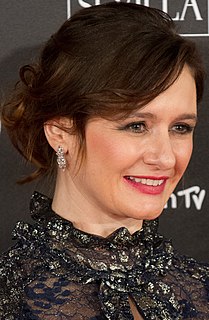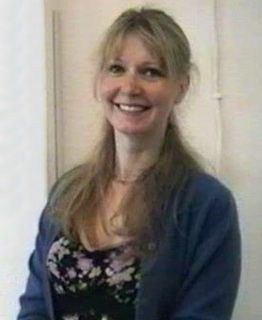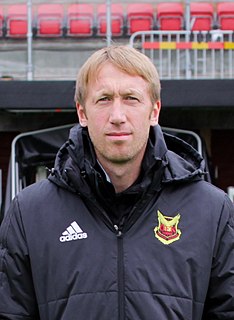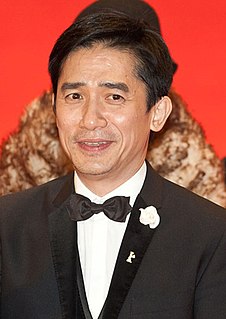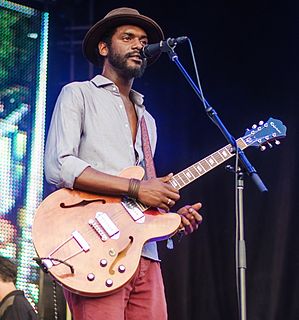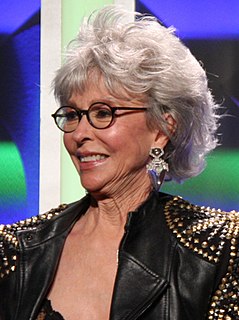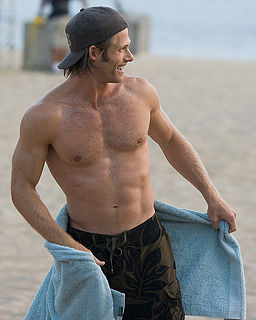A Quote by Alastair Cook
It's very hard to reflect properly when you're still playing but the hundreds one - when I got my 23rd in Kolkata - felt the most special because it broke a benchmark that had stood for a very long time. It felt good to do something no Englishman has done before.
Related Quotes
I didn't cry at my father's funeral, and I felt guilty about that. Of course, he got sick not too long after he and I had had that final altercation, and I felt real guilty because of that, too. Then years later, one day, I was probably in my late twenties, early thirties, and I just broke down crying, because I finally got my father.
I left film because I felt that photography was my art. It was something I could do on my own, whereas film was so collaborative. I thought as a photographer I could make something that was artistic and that was mine, and I liked that. And it wasn't until I got back into film and I have very small crews and I could do very tiny filmmaking that wasn't 100 people that I still felt that I was making something artistic as a filmmaker. So, you know, I'm an artist, and whether it's photography or film, I want my voice to be there and I think my voice is very strong in this film.
Once I've properly finished a book, my ideal state of being would be to never think about it again. But with 'Capital,' I felt I'd spent so much time with the characters that they were very, very real, and I definitely had a sense of loss about leaving them behind in a way I've not quite had before.
I was just a very emotional player. I wore my emotions on my sleeve. I pretty much told you how I felt. I didn't mince words, so to speak. If I felt bad, I let you know that I felt bad. If I felt you were playing sorry, I told you. If I was playing sorry, I told myself that. I came from an era when losing really hurt. I didn't see anything good about it.
My middle name really is perseverance. I've always believed that I had talent, even when I felt like a very inferior sort of person, which I spent a lot of time living my life feeling that I wasn't worthy. But even then I knew that I had something special, and maybe that's what it takes. Maybe people need to have that kind of particular core driving them. But I felt I had talent.
I felt a certain modicum of success because I had been paid well to be an actor for the first time in my life, but I felt like I had done adolescent work on the show, and stepping into the New York theater arena was the first time I felt like I'd come into my own. I felt like I was proving myself in a gladiatorial arena.
I haven't had a cramp since '99. That was my only time, in Davis Cup, when I was panicky. I was young. I'm very proud of that. Never pulled out. Never had cramps. Never lost very much because of fitness, especially later on in my career where I knew I've put in the hard work. I've done that. I've been very fortunate and clever as well to understand how I need to work, when I need to work. So I'm very happy to have stayed injury free for so long. I hope I can still maintain a few good years on the tour. I really hope so.
